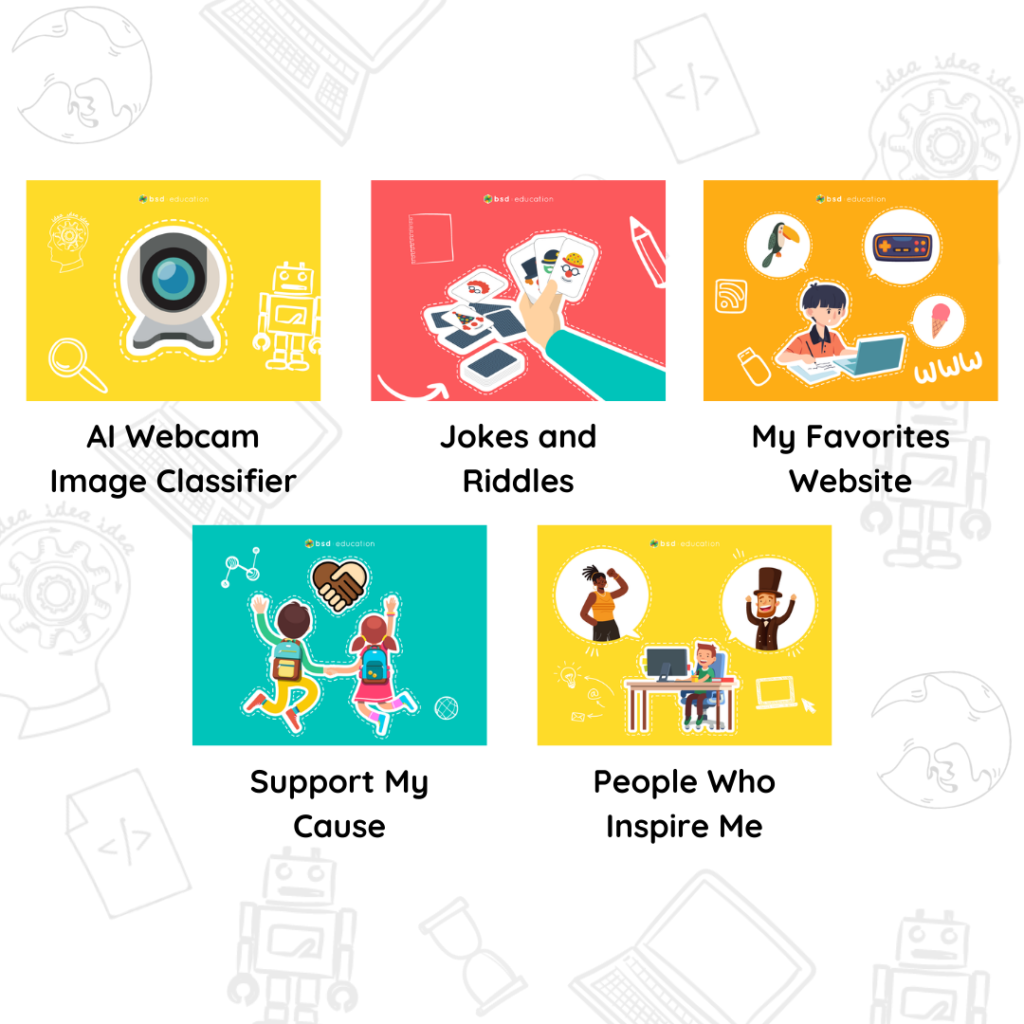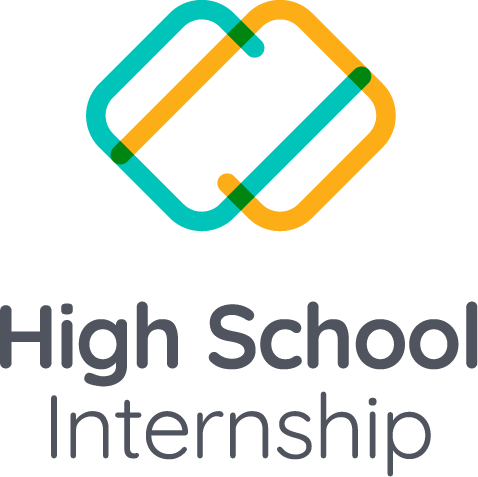As a part-time lecturer at the University of Hong Kong (HKU) and Hong Kong University of Science and Technology (HKUST) and my consulting work at Blu Artificial Intelligence, I’m often asked how artificial intelligence (AI) will impact education in the future. We tend to see popular media pushing the narrative that AI will take over teaching. I take the opposing view. AI will not replace teachers. If anything, artificial intelligence will become a new tool in a teacher’s toolbox. AI will free teachers from administrative burdens, give them insights on student development, and let them focus on what they do best – helping students grow.
The truth is that today we are still quite far away from having robots and artificial intelligence surpassing human beings. However, artificial intelligence does tend to perform very well at repetitive, structured, and well-defined tasks. Hence the belief that AI will take away our jobs tomorrow, in my view, is quite far-fetched. If anything, we should think about task automation rather than job automation. Most jobs are made up of specific tasks, which may or may not be easily automatable. Therefore, we can each look at our job, consider the tasks & skillsets that are hard to automate, and then focus on those areas for professional development.
Let us take teaching as an example. With the recent restrictions from COVID-19, a lot of the classes I teach have moved entirely online. I started teaching in 2018, so I did the class in person the year before. When I compare online and in-person, I find that student interaction is much easier to facilitate in-person. There’s very little “please unmute your mic,” or “can you repeat, you’re cutting out,” and my personal favorite, “can you HEAR me?” with the entire class responding, “yes, we can.” It is also easier to get feedback, both verbal and non-verbal, from students. Are they laughing with you or at you? Given my jokes, perhaps I should leave this question unanswered for myself.
This confirmed to me that human interaction is an integral part of education. Furthermore, when I asked students for feedback on the class, almost all preferred an in-person class. This also jives with my views on tasks that are hard to automate. Generally, anything requiring human interaction is a challenge for artificial intelligence because people react differently to the same stimulus. For example, the fact that A+B does not always equal C is a problem for AI. Artificial intelligence has started to address this with larger data sets and training, but it is not easy.
The big question then is what does this mean for teachers? First, I believe artificial intelligence will augment our ability to be productive. This means that teachers will work with AI tools to create better student experiences. For example, artificial intelligence can take over structured and repetitive administrative tasks. Grading is a prime example, and it brings back some memories for me. When I was little, my mom, who has been a teacher most of her career, used to get me to help her mark her students’ multiple-choice tests. Then, after bribing me with my favorite candy, I would happily read off “A, C, D, E, B…” into the wee hours of the night.
Today, we have Scantron sheets for multiple-choice grading. Soon, with an area of artificial intelligence called Natural Language Processing (NLP), AI tools will be able to ‘read’ free form text responses and do the grading. For example, I can testify that student handwriting standards have dropped, but you can address this if we give the AI enough data (handwriting samples). Students could also type their responses, which negates the handwriting problem. On top of this, machine learning tools can construct ‘student profiles’ from grades to track their progression and identify development areas.
I know that many teachers, whether they admit it or not, are reluctant to work with artificial intelligence, which is understandable. The AI isn’t perfect and will make mistakes. To expect otherwise is setting ourselves, and AI, up for failure. However, the potential to free up teachers to do what they do best is something that I feel needs to be explored.
If you’re scared about being substituted by artificial intelligence, please take solace from students today who say they can’t wait to get back to the classroom. They need you. With that in mind, all I ask is that you stay open to AI augmentation and its potential to help you and your students.
If you found this interesting and would like to discuss it further, please reach out to me at kevin@blu.ltd.
Code Is: Your Voice
Try Code Is Your Voice today with 6 free coding projects to start building something different today!
Learn more

